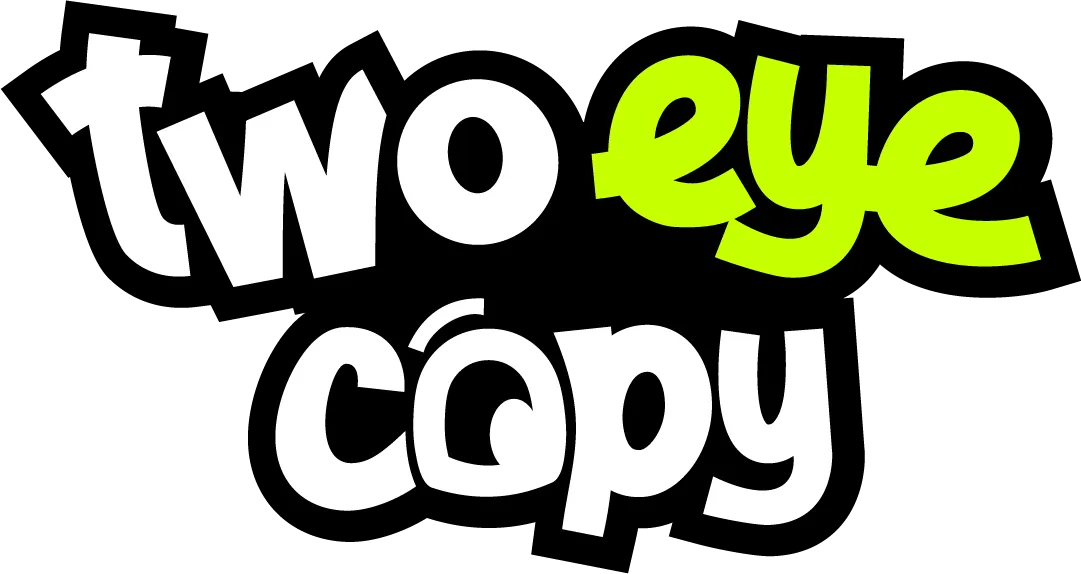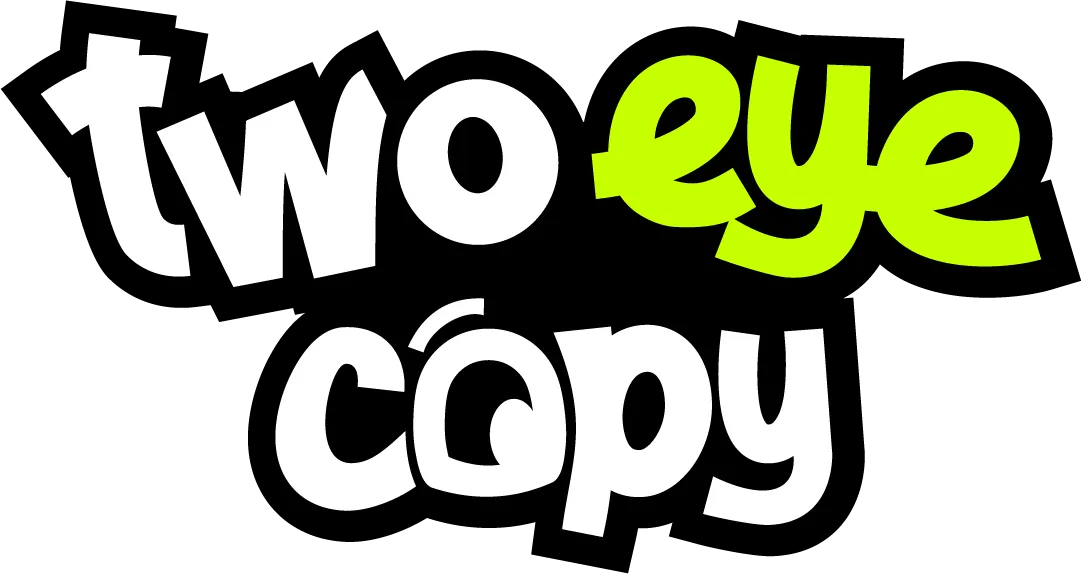

If you have something to sell, listen up: quit bitchin' about pitching
Hate being pitched? Wish you could just go to a webinar and not be sold to? Find yourself rolling your eyes when the offer comes and do everything you can to just beat feet and get out alive?
I get it. Nobody wants to feel sales pressure. Be squeezed into a sale. Be manipulated into something they're either not ready for or that's not a good fit.
But if you are an entrepreneur with something of your own to sell, your ditch-the-pitch mindset is costing you a ton.
[🚗 insert squealing brakes effect here 🛑]
Think about it. You want people to buy your thing right? If you put on free workshops, you may be doing them purely to educate people. But chances are, if you want to make a living, your freebies are designed to lead to a paid offer. A done-for-you service. A coaching program. A physical product. Something. Right?
And I'm guessing that you don't rely on telepathy, or people asking "hey, do you have a thing I can buy?" Yes, a lot of times (if you deliver insane value) people will ask how they can work with you. But most of the time you need to pitch that thing you're trying to sell.
How do you expect people to listen to your pitches if you're not willing to listen to theirs?
And even if there wasn't a law of reciprocity at play, what if you listened intently, dissected and deconstructed every pitch, sat on the edge of your seat with intense curiosity, learning what makes a pitch gloriously brilliant or utterly terrible? Wouldn't that help you improve your pitches?
Of course it would.
Attend other people's webinars to get better at pitching.
Not long ago I went to a conference where three sessions stood out for different reasons.
The first presenter taught the audience a massively useful skill, skillfully wove compelling stories into her narrative, established a clear gap between her results and the audience's, and opened an obvious loop at the same time. Now that they knew the skill she had taught them (which solved an immediate problem they had) they realized that it was useless to them if they didn't also have the other skills that she only taught in her paid program.
Where she fell flat though, was in how long she spent on the stories. Or rather, how often she kept returning to the same one. It was a powerful story, borderline traumatic, and (in my get-to-the-fucking-point-already opinion) way overdone. She harped on and on and on about it. To the point that I got annoyed. So I made a note about that: tell good stories, but don't beat your audience over the head with them.
But the value stack was really compelling. A no-brainer of an offer with bonuses galore, all totally around $80,000, offered for a mere $28K – but with capacity for just 12 people. I could see why people jumped at it.
The second presenter was all over the map. The session title indicated that this too would be a skill-builder, but it ended up being a expensively produced visual resume. "I did this for so-and-so. I did that for someone else." And not in a way that inspired me to think "oooh, what can that do for meeee?" It was a rambling snoozefest. And when the insanely expensive price-tag dropped ($30,000), I wasn't the least bit interested.
The third presenter was absolutely brilliant. The least expensive of the offers at $3K, but easily the most valuable. The narrative was linear, the storytelling on point, the highs and lows expertly orchestrated. She build desire, showed the consequences of not taking action, and delivered an offer folks couldn't refuse. More notes into my notebook... from how she organized her slides, her speech, her stories, her jokes, even her stage presence.
Had I rolled my eyes and resented the pitch, I would have missed SO much. Instead, I got to see not only live pitches in action, but how the room responded to each one. That in itself was well worth the price of admission. And the whole thing gave me material for a new masterclass on pitching. So watch this space – it's coming soon!
In the meantime, go register for a webinar or two or a topic that interests you.
What to look for in a presentation.
Analyze everything, from how the presenter introduces themselves and how long they spend on their qualifications and expertise to where in the presentation they do that and how many testimonials they include.
Note how (or if) they establish the gap and open a loop.
Keep track of the stories they tell. How well or poorly do they support the offer? Drive FOMO. Inspire action?
Observe the pitch itself. Is it mentioned or even alluded to at any point before it drops? Does it come out of left field? Is it delivered with conviction or uncertainty?
What makes you cringe and what makes you think "damn, I need to try that" or "whoa, this person is a MF master!"?
Then look at your pitching strategy, and tweak it, refine it, polish it 'til it's 10% better.
Ready? Go!
Grow your email list with integrity (and a juicy lead magnet!)
Grab this free 5-day mini course today!
Yes! By signing up for this mini-course I understand I will get occasional, ick-free emails from Two Eye Copy to help me keep growing my email list and business!


